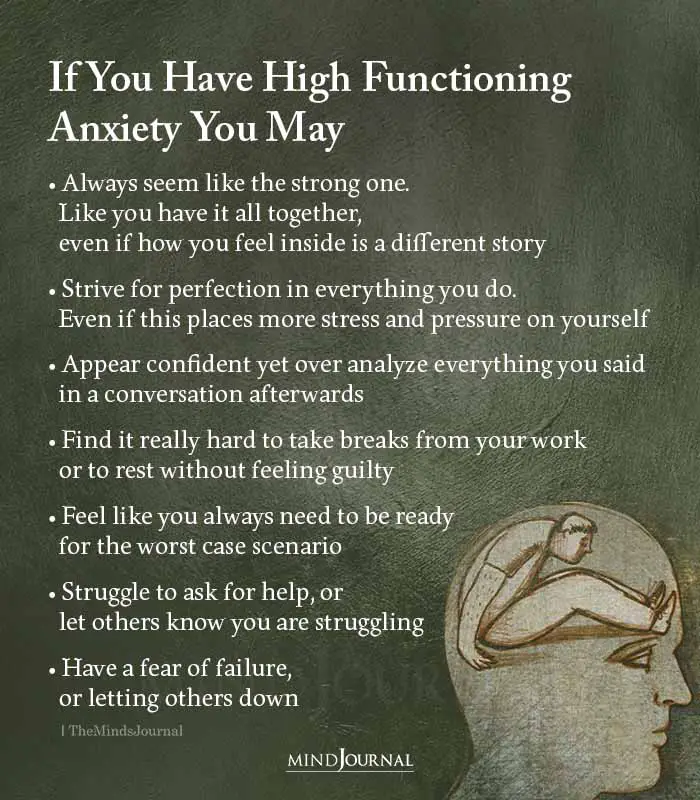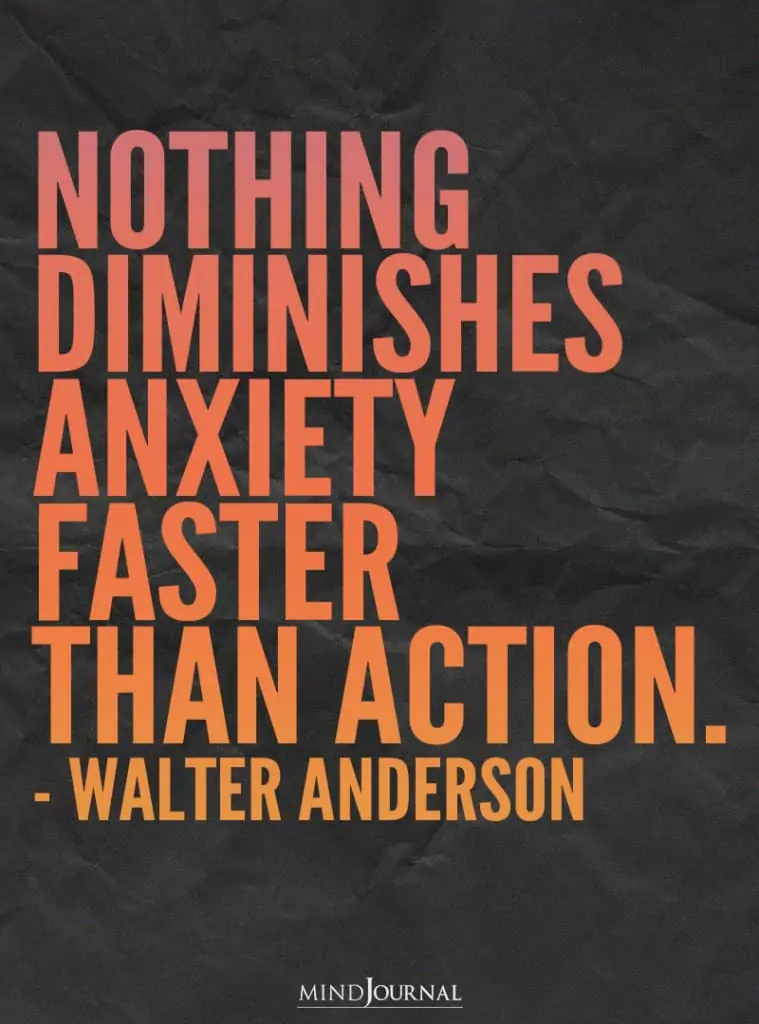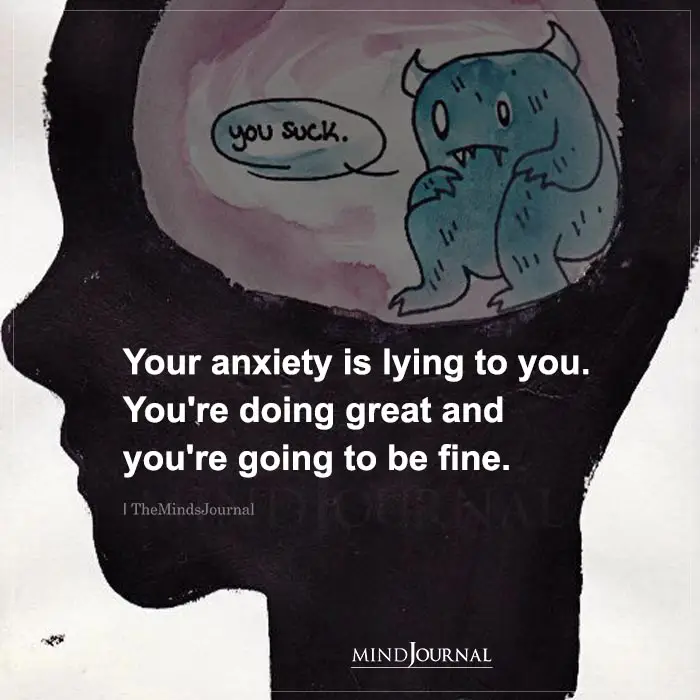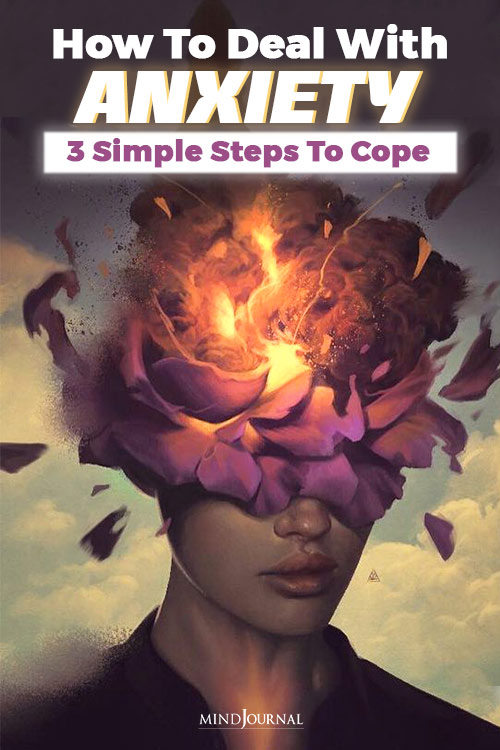Are you struggling with anxiety? Wondering how to cope with intrusive and ruminating thoughts? Here are three simple steps that can help you deal with your anxious thoughts and improve your mental health.
The fall after I finished college, I moved to New York City to study acting. A year in, life was a blur of acting classes, auditions, and working as an administrative assistant for a scientist.
One day I received a call from my former university informing me that I still had an “incomplete” on my transcript and that if I didn’t complete the course work and get a grade turned in, I might have to re-take the course. I assured them I would look into this, set down the phone, and panic set in.
My degree was listed on my resume. Everyone in my life (including my parents, who had paid for my education) believed I was a college graduate. How could I have let this happen? It affirmed every negative thing I believed about myself: I am spacey. I am irresponsible. I am incompetent.
The truth was, while I was pretty spacey, I had turned in all the coursework. I had taken an incomplete because of a family emergency right at the end of the semester but had turned in the final project two weeks later. The professor hadn’t turned in the grade.
After skipping the graduation ceremony might I have questioned why I didn’t receive my diploma in the mail as expected? Yes. Was it my job to follow up and prod the professor? No question! But I was so paralyzed by my dread around dealing with this, so focused on what it said about my character, that I just shut down and proceeded to do nothing to solve this problem for a year. Okay, 18 months.
- Have you had the experience of avoiding a problem all day, only to stare at the ceiling at night, ruminating and worrying?
- Have you resolved to take meaningful action on some intractable issue only to lose your nerve when the time comes, letting another day pass without making the appointment, finishing the task, or having a hard conversation?

Also read How Rigid Thinking And Rumination Undermines Your Health And Life
The truth is, operating this way costs you a lot. Unfinished business creates open loops of anxiety that slowly drain you of energy and contentment, and hurt your ability to focus and be present. It also takes a physical toll, either because you are constantly stewing in a low-grade stress response, or because of lack of sleep, or because you use food or alcohol to numb out and quiet your mind. Long-term avoidance is paradoxically really hard work! There is a better way.
Here’re Three Simple Steps To Cope With Anxiety
1. Make A Dread List Of Everything In Your Life You Are Avoiding.
Take your time with this, and really try to get everything out on the page. There might be one big bold problem, and a few smaller ones or a whole list of things that make you squirm and cringe. It doesn’t matter.
You might have to “leave marriage” and “make Ikea returns” on the same list. Just getting everything out on the page will help you start to feel in control. Pick the thing you are going to work on first, either because solving it will have the most impact or because you can act on it right away.

Also, read 7 Imposter Syndrome Myths You Should Know About
2. Tell Someone Supportive What’s Up.
This helps in multiple ways. I often say in therapy we are shining light in dark places. So often when you finally share your secret you are met with so much compassion, validation, or even loving bewilderment, that the volume of the problem is turned down by 50 percent just by virtue of saying it out loud.
In my case, I finally told my friend Helen, and because a personal narrative of intractable spaciness, irresponsibility, and incompetence didn’t distract her, she instantly saw this as a clerical problem, not as evidence of a fundamentally disordered mind.
She was legitimately confused about all my hand-wringing around this. Seeing the problem, and myself, through her eyes helped a lot.
3. Ask Yourself, “How Can I Make This Easier?”
Almost every day a client says something to me along the lines of, “But I should be able to handle this myself!” Or “No one else would struggle so much with this – what is wrong with me?!” To this, I call bullshit.
At the end of your life, you won’t have points detracted based on how many times you had to ask for help. The last line of your obituary is not going to read, “Sadly, he needed assistance with practically all of this.”
Can’t write your resume? Hire someone to do it for you or trade resume editing services with a friend. Know you need to do something about your drinking? Talk to a therapist and/or look into twelve-step or reduction groups in your area. Need to stand up to an unreasonable request from your boss? Call your sister and role-play various scenarios until you feel prepared. Never got a driver’s license and now you are moving to rural Iowa at age 55? Call the local driver’s ed. and make an appointment for a lesson.
For me, Helen typed up a short, professional letter reminding the professor of who I was, detailing our agreement and when the project was turned in, and politely asking her to please turn in the grade. I sent a certified mail, I followed up with a voice mail to let the professor know to expect the letter and planned to call again a week later to follow-up, but by then the grade had been turned in and the whole fiasco was over.
Also read Intrusive Thoughts: Where They Come From and Why
Should I have been able to write the letter myself? Sure, but part of me was so triggered by this that it had stopped me in my tracks, and the letter was simply not getting written on my own. Did Helen’s involvement diminish the relief and exhilaration I felt to finally have this solved? Not a bit. I felt relieved, exhilarated, and really grateful to have such a terrific friend.
What are you avoiding? Who could you talk to about it? How could you make it easier? Make your list now. Ask yourself, “How would it feel to have all of these problems solved?”
Now go get started.

If you find this article, please share it with your friends and folks 🙂
Written by: Tonya Lester, LCSW
Originally appeared on: Tonyalester.com
Republished with permission









Leave a Reply
You must be logged in to post a comment.